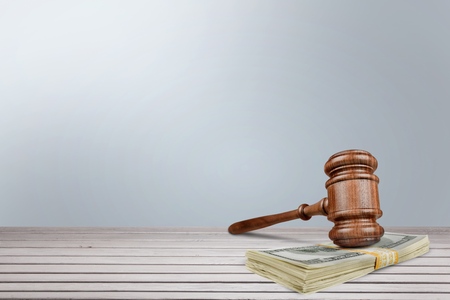Understanding Punitive Damages
February 25, 2017 | By Colombo Law
In West Virginia, thousands of personal injury claims are brought each year, when one person is injured due to the negligence of another. In a majority of these cases, the injured party recovers monetary damages for his or her actual losses and, in some instances, other damages such as pain and suffering. If you or someone you know has been the victim of a car accident or other incident that leads to personal injuries, contact Colombo Law today. Our experienced attorneys can get you or your loved one on the path to recovery.
What are Punitive Damages?
Punitive damages are those damages that exceed the amount of compensation necessary to compensate the victim for injuries actually sustained. Punitive damages are often sought when the wrongdoer’s actions are particularly outrageous. Sometimes punitive damages are awarded to deter similar future conduct in others.
In 2015, West Virginia modified the law as it relates to punitive damages. An injured party can only receive punitive damages when he or she proves by clear and convincing evidence that the wrongdoer acted with actual malice or with conscious, reckless, or outrageous indifference to the health, safety, and welfare of others. There is also a cap on the amount of punitive damages one can receive.
Differences Between Punitive Damages and Other Damages
The purpose of a personal injury claim is to receive and amount of monetary compensation that places the injured party back in the financial position they were in prior to the accident. Therefore, in every personal injury case the injured party will receive monetary compensation for actual damages. For example, an injured party will seek reimbursement for medical expenses, lost wages, cost for repair or replacement of valuables lost as a result of the accident or incident, or other losses that have actually occurred.
In addition, injured parties typically bring claims for compensatory damages. These damages are not measured with receipts. Instead, they account for things like mental health consequences and pain and suffering that occur as a result of the accident or incident.
In a typical personal injury case, punitive damages are not received. This is because punitive damages are not meant to compensate the injured party. The sole purpose of receiving punitive damages is due to the court’s desire to order additional monetary payment as a form of punishment for extremely reckless behavior on the part of the wrongdoer.
Contact The Personal Injury Attorneys Colombo Law
Call us at 304-599-4229 for a FREE case review or message us online. Our personal injury attorneys have the experience you need to win. There is never a fee unless we win for you.


